French GCSE exam tips
Ross gives you inside tips on the listening, speaking, and writing areas of the exam.
Start Browsing
Start browsing
< Wait, I have a password

to your account
 Facebook
Facebook
< Wait, I don't have a profile yet
Reset Password >
to save your details
 Facebook
Facebook
< Wait, I already have a profile

Start browsing
< Wait, I have a password



A lot of students, when getting into an exam, will immediately start writing as much as they possibly can about the relevant topic. We fill the page and are saying to the examiner “Mate. Look how much information I can remember. You MUST give me top marks.”
However an examiner isn’t looking for us to just regurgitate as much information as we can, they want us to use that information in the right kind of context. Therefore students must, first of all, identify exactly what kind of a question they are going to be answering. Look for the key command words which are going to shape our answer. Below is a list of command words with definitions next to them so that when you get into the exam you will be able to differentiate between different command words and be able to give the examiner exactly what they want.
Analyse – Break something into its component parts and show how they relate to one another.
Argue – Present a reasoned case
Assess – ‘Weigh up’ a statement, showing arguments in favour and against
Compare – Identify similarities
Contrast – Identify differences
Criticise – Explain problems, limitations or weaknesses
Define – Say what a word or phrase means
Describe – Set out features or characteristics
Discuss – Examine an issue closely, taking account of differing viewpoints
Distinguish – Describe differences
Evaluate – Make judgements based on evidence
Examine – Investigate closely
Explain – Show how something works, usually by giving a clear and detailed account of it
How Far – ‘Weigh up’ a statement, showing arguments in favour and against, usually showing the lengths to which you agree with a statement
Identify – Name or set out main features
Outline – Set out main characteristics
State – Express Clearly
Summarise – Present principal points without detail
To What Extent – Create an argument in favour or against something, using your own perspective.
These are two terms that are sometimes confused:
Features – The characteristics that define what something is
Functions – The roles that highlight what something does
 -
-